20 Foods That Spoil Faster Than You Think, Even in the Fridge
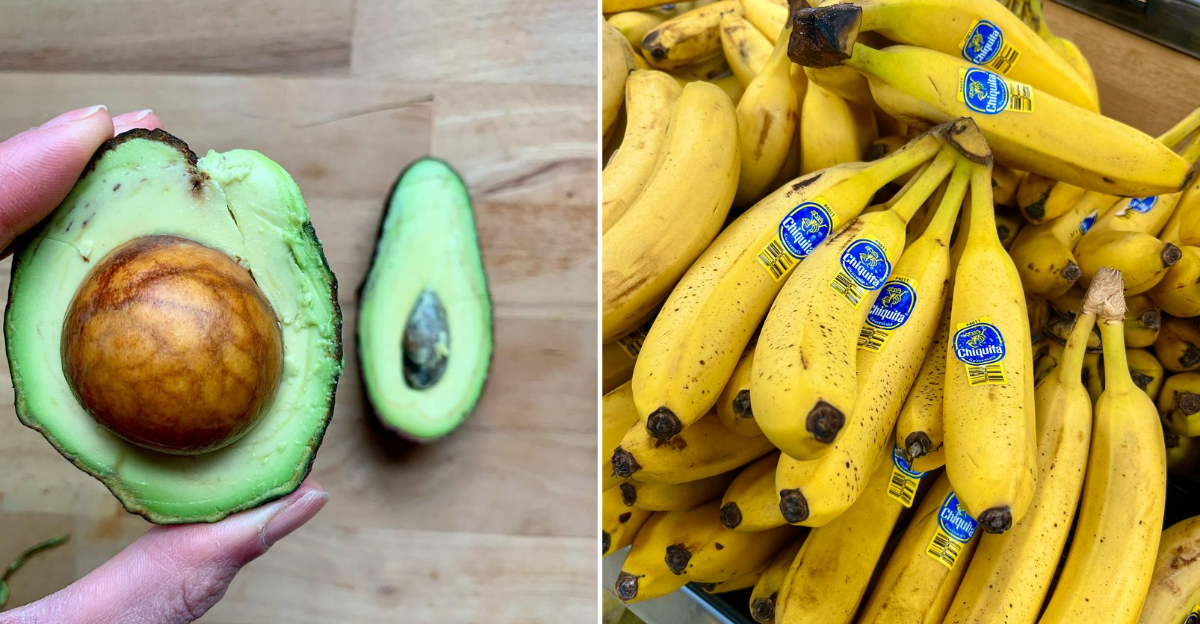
Think your fridge keeps everything fresh? Think again!
These 20 foods spoil faster than you realize, even when chilled. Learn which foods you need to consume faster to avoid waste and save money by keeping your fridge stocked with fresh ingredients.
1. Berries
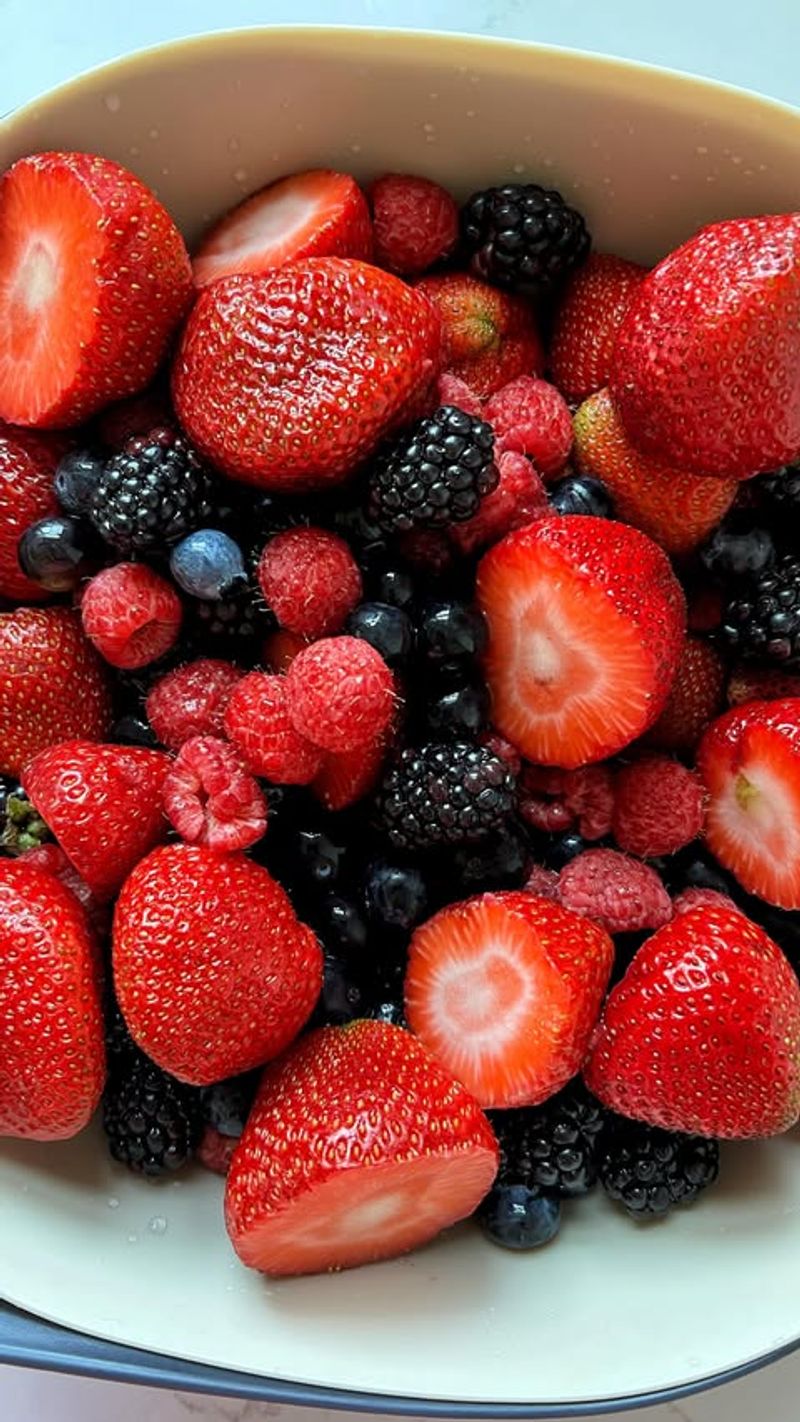
Berries are high in moisture and delicate, which makes them prone to mold, even in a cold environment. These little fruits can turn from sweet and juicy to fuzzy and sour in the blink of an eye if not stored properly.
To extend their freshness, avoid washing berries until you’re ready to eat them. Moisture can accelerate spoilage, so place them in a breathable container lined with a paper towel.
Remember, berries are best consumed within a few days of purchase, so don’t let them linger in your fridge. Keep an eye out for any mold and remove affected berries to prevent spreading.
2. Avocado

Avocados, beloved for their creamy texture, can spoil quickly once ripe. Their high fat content makes them prone to browning and mushiness if not kept in check.
To keep avocados fresh longer, store them in the fridge once they’ve reached the desired ripeness. Avoid keeping them in a plastic bag, as it traps moisture and speeds up spoilage.
If you only use half an avocado, leave the pit in the remaining half and wrap it tightly in plastic wrap before storing it in the fridge. This can help slow down the browning process.
3. Leafy Greens
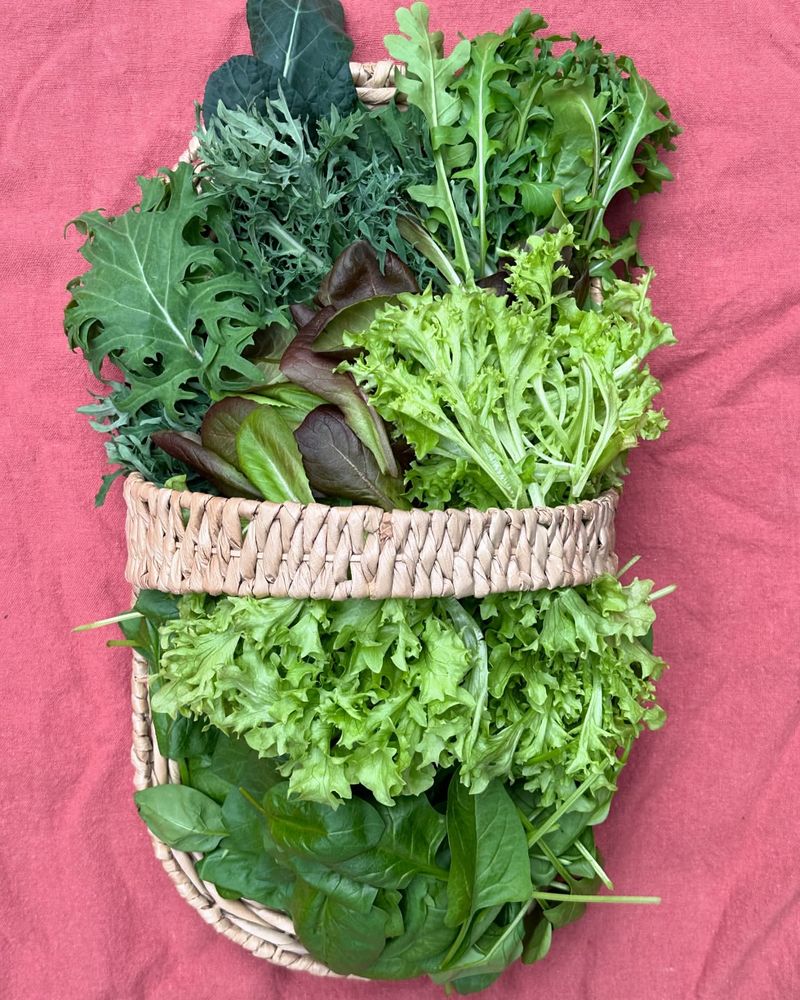
Leafy greens like spinach, kale, and lettuce are notorious for going limp and slimy quickly. Their high water content is the main culprit, causing them to wilt if not stored properly.
To prolong their freshness, store leafy greens in a plastic bag with a few air holes or a reusable produce bag to allow air circulation. Adding a paper towel can help absorb excess moisture.
For best results, keep them in the crisper drawer of your fridge, and use them within a week to enjoy their optimal texture and flavor.
4. Mushrooms
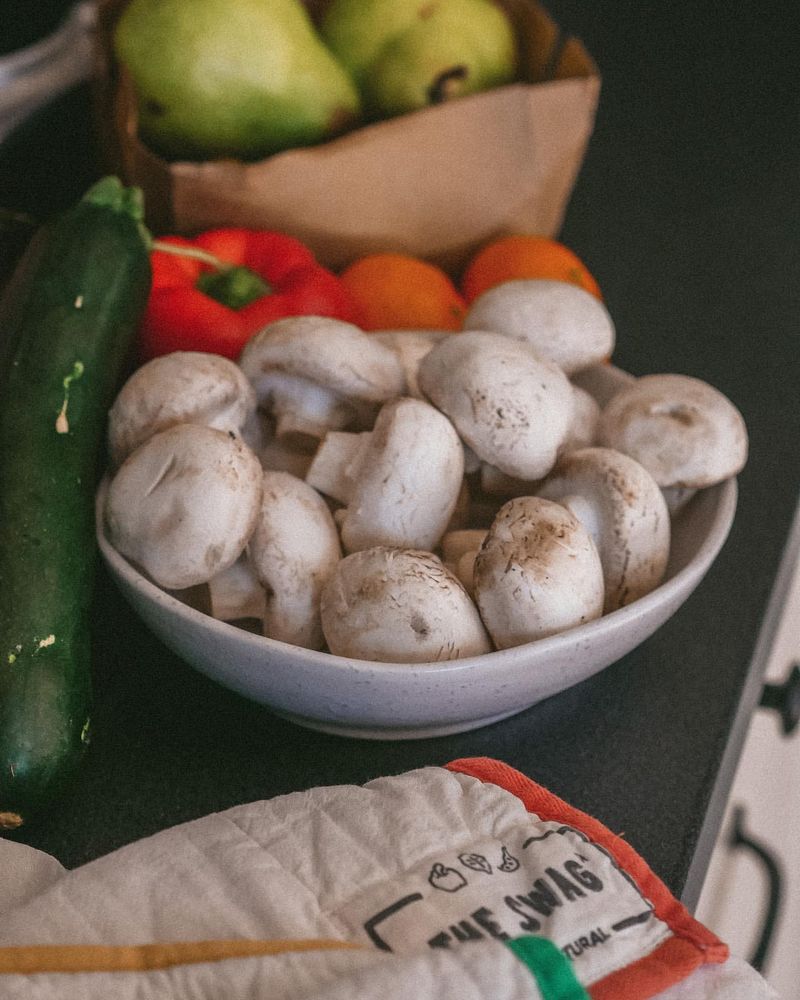
Mushrooms are a fungus, and ironically, they can become a breeding ground for bacteria if not stored correctly. Their spongy texture means they soak up moisture easily, leading to sliminess and decay.
Store mushrooms in a paper bag rather than plastic to let them breathe and stay dry. Avoid washing them before storage, as the added moisture can hasten spoilage.
Check them regularly for signs of spoilage, and use them promptly in your favorite dishes to enjoy their earthy flavor.
5. Bananas

Bananas are tropical fruits that continue to ripen even in the fridge. While cooler temperatures can slow down the process, they can still turn brown and mushy faster than you’d expect.
To extend their shelf life, separate bananas from the bunch and wrap the stems in plastic wrap. This can help slow the release of ethylene gas, which speeds up ripening.
Keep bananas away from other fruits in the fridge, as they can cause others to ripen faster. Enjoy your bananas quickly for the best taste and texture.
6. Fish

Fish is a protein-rich food that can spoil quickly, even in the fridge, due to its high moisture content and delicate structure. It can develop an off smell and flavor if not consumed promptly.
To keep fish fresh, store it in its original packaging or wrap it tightly in plastic wrap or aluminum foil. Place it on a plate to catch any potential drips.
It’s best to consume fish within two days of purchase to ensure its freshness and safety. Consider cooking and freezing it if you can’t use it in time.
7. Milk

Milk is a staple in many households, but it can spoil faster than expected if not stored properly. It’s susceptible to bacterial growth, which can cause sourness and spoilage.
To prolong its shelf life, store milk in the main body of the fridge, where the temperature is more stable, rather than in the door. Keep the cap tightly sealed to prevent contamination.
Always check the expiration date and give it a quick sniff test before use. If you find yourself with extra milk, consider freezing it for later use.
8. Tomatoes

Tomatoes are best known for their juicy texture, but storing them in the fridge can lead to mealiness and flavor loss. The cold temperatures can alter their texture and cause them to spoil faster.
For best results, store tomatoes at room temperature, away from direct sunlight, until they’re fully ripe. Once ripened, you can refrigerate them to slow further ripening for a day or two.
Remember to consume them promptly to enjoy their full flavor, and consider using overripe tomatoes in sauces or soups.
9. Cheese

Cheese, particularly softer varieties, can spoil quickly due to their moisture content and mold susceptibility. It can develop an unpleasant smell and taste if not stored correctly.
To keep cheese fresh, wrap it in wax or parchment paper rather than plastic, which can trap moisture and encourage mold growth. Store it in the cheese drawer or the main compartment of the fridge.
Use softer cheeses within a week or two, and harder cheeses within a month, for the best taste and texture.
10. Cucumbers

Cucumbers are refreshing and hydrating, but they can become waterlogged and mushy if not stored properly. Their high water content makes them susceptible to spoilage in the fridge.
To extend their freshness, store cucumbers in a plastic bag with holes or a reusable produce bag to allow for air circulation. Keep them in the crisper drawer, where humidity is controlled.
Avoid placing cucumbers near fruits that emit ethylene gas, like bananas, as this can speed up their deterioration.
11. Eggs

Eggs are a breakfast staple, but surprisingly, they can spoil faster than you might think, especially if not stored properly. The porous shells can absorb odors and flavors, leading to off tastes.
To ensure freshness, keep eggs in their original carton and store them in the main body of the fridge, not in the door, where temperature fluctuations can be greater.
Check the date on the carton and perform a float test in water to determine freshness. Use any cracked eggs promptly to avoid spoilage.
12. Bread

Bread is another common food that can spoil quickly, even in the fridge, by becoming stale or moldy. The cool air can dry it out, while moisture can encourage mold growth.
To keep bread fresh, store it in a cool, dry place in a paper or cloth bag rather than plastic. If you must refrigerate it, consider toasting it before use to restore some freshness.
For longer storage, slice the loaf and freeze the slices, pulling out only what you need to avoid waste.
13. Yogurt

Yogurt is often considered a long-lasting dairy product, but it can spoil faster than expected if not stored properly. The live cultures can cause separation and a sour taste if left too long.
To keep yogurt fresh, store it in the main section of the fridge, tightly sealed, to prevent contamination from other foods. Avoid leaving it out for extended periods.
Check the expiration date and use it within a week once opened. If you notice any off smell or mold, it’s best to discard it.
14. Delicatessen Meats

Delicatessen meats, or deli meats, are a convenient and tasty option, but they can spoil quickly due to their high moisture content and exposure to bacteria. They can develop a slimy texture and off smell.
To keep them fresh, store deli meats in airtight containers or tightly wrapped in plastic wrap. Keep them in the coldest part of the fridge, and consume within a week of purchase.
If you notice any sliminess or discoloration, it’s best to discard them to avoid foodborne illness.
15. Grapes

Grapes are a naturally sweet snack, but they can spoil quickly in the fridge due to their thin skins and moisture content. They can become mushy and moldy if not stored correctly.
To prolong their freshness, store grapes in a breathable bag or container with holes to allow for air circulation. Avoid washing them until you’re ready to eat, as moisture can speed up spoilage.
Check for any spoiled grapes and remove them to prevent mold from spreading to the rest of the bunch.
16. Broccoli
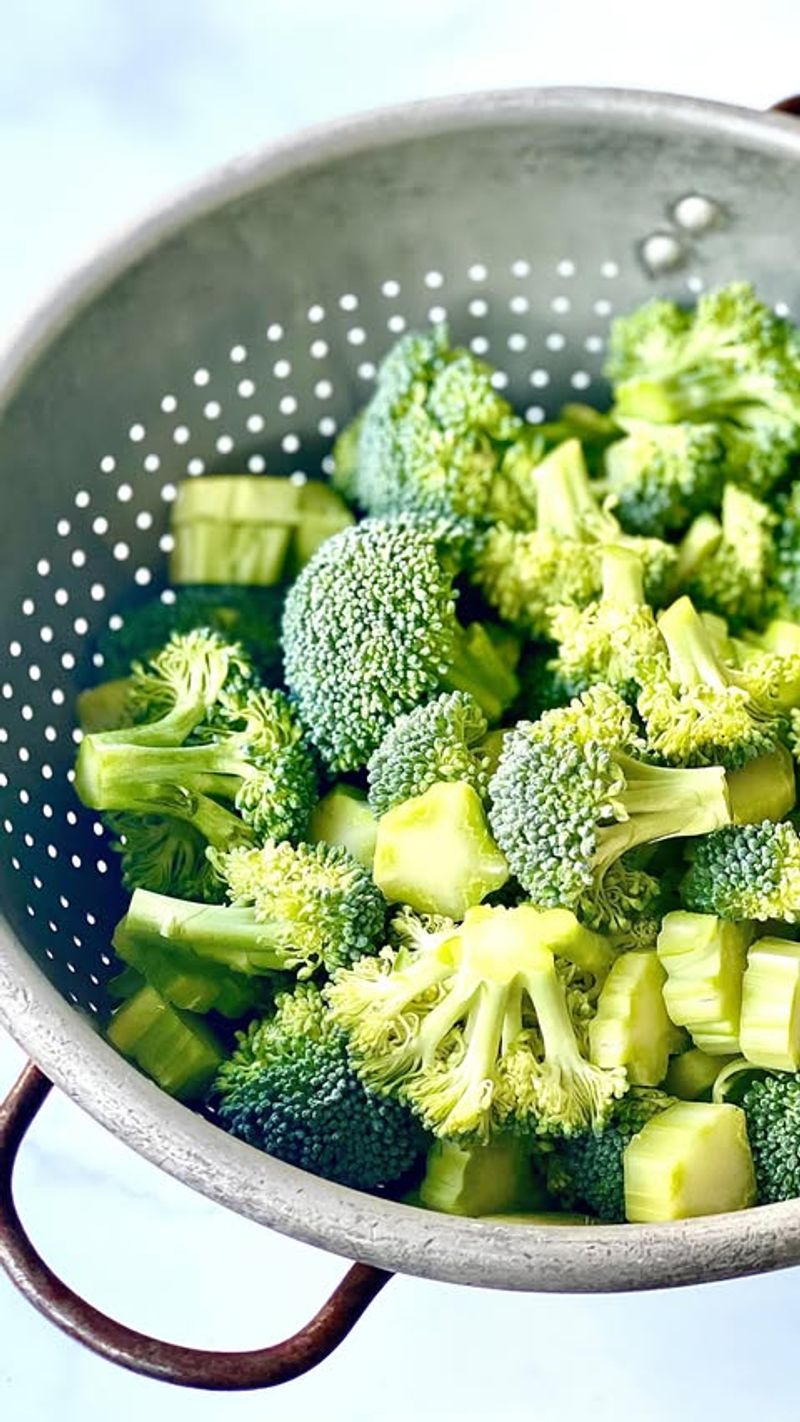
Broccoli is a nutritious vegetable, but it can spoil quickly in the fridge due to its high water content and susceptibility to mold. It can become limp and develop an off smell if not stored properly.
To keep broccoli fresh, store it in a plastic bag with holes or a reusable produce bag in the crisper drawer. This helps maintain the right humidity level.
Use it within a week of purchase, and consider blanching and freezing any extra to extend its shelf life.
17. Apples
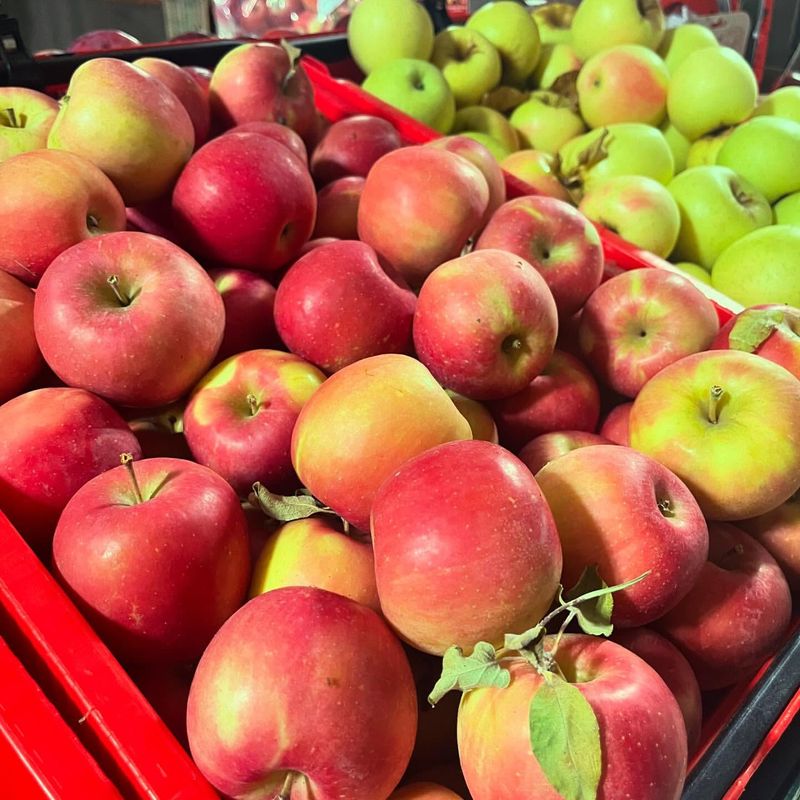
Apples are often considered long-lasting, but they can spoil quickly if not stored properly. Their high water content and ethylene gas production can cause them to become mealy and unpleasant.
To keep apples fresh, store them in a crisper drawer, away from other fruits. Use a breathable bag to allow for air circulation.
Regularly check for any bruised or damaged apples, as they can cause others to spoil faster. Enjoy your apples within a few weeks for the best taste and texture.
18. Potatoes

Potatoes are a household staple, but they can spoil faster than expected, especially if stored in the fridge. The cold temperature can cause their starches to convert to sugars, affecting taste and texture.
Store potatoes in a cool, dark place, like a pantry or a cellar, in a paper or mesh bag to allow for air circulation.
Avoid storing them near onions, as the gases they emit can cause sprouting and spoilage. Check regularly for any sprouting or green spots and use promptly.
19. Peaches
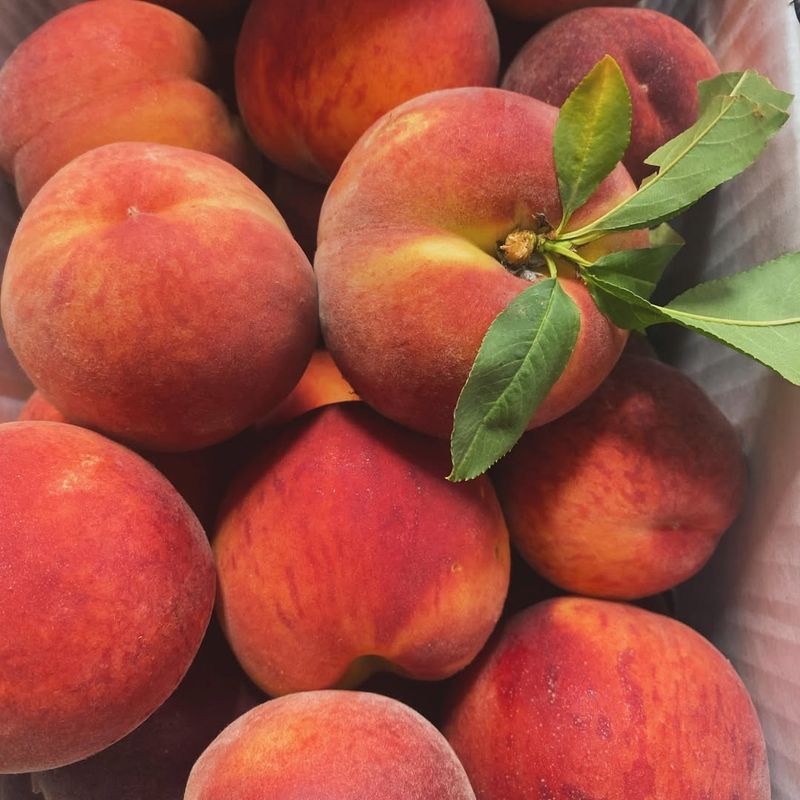
Peaches are juicy and flavorful, but they can spoil quickly due to their high moisture content and delicate skin. They can become mushy and moldy if not stored properly.
Store peaches at room temperature until they’re ripe, then refrigerate them to prolong their freshness for a few days. Avoid stacking them, as pressure can cause bruising.
Check regularly for any signs of spoilage and use them quickly. Overripe peaches can be used in smoothies or baking to avoid waste.
20. Carrots

Carrots are crunchy and nutritious, but they can become limp and lose their sweetness if not stored correctly. Their high water content can cause them to deteriorate quickly in the fridge.
To keep carrots fresh, store them in a plastic bag in the crisper drawer. Remove the green tops to prevent moisture loss and wrap them in a damp paper towel.
Use them within a few weeks for the best flavor and texture. Consider blanching and freezing any extras to extend their shelf life.
